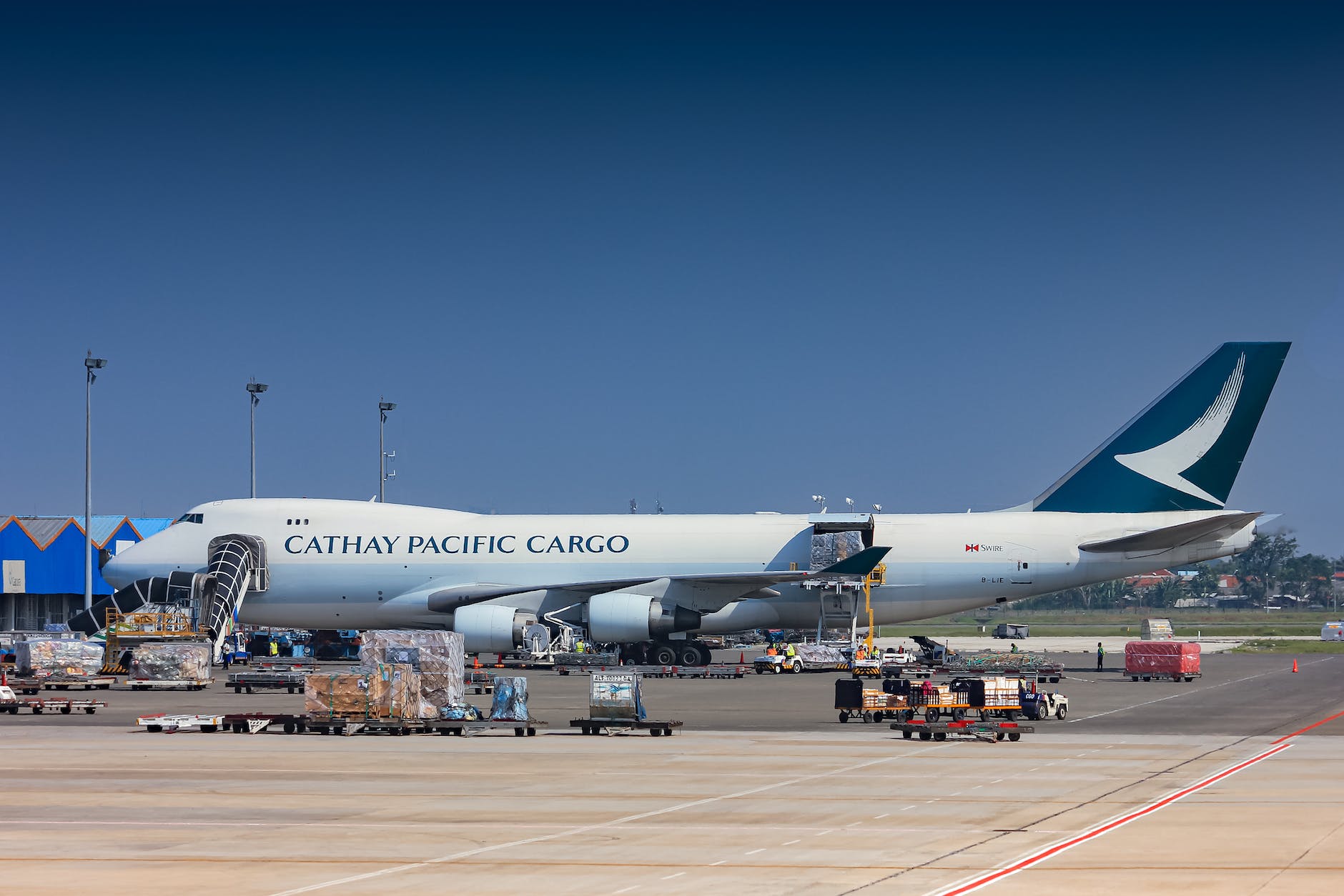NEXUS, a widely used and cherished program that facilitated travel from Canada to the USA, is on pause as a result of a protracted dispute between the U.S. Customs & Border Protection Agency and Canadian officials.
NEXUS is an immigration program that offers accelerated entry at land, maritime, and air borders and is intended for people who frequently travel between the United States and Canada.
The NEXUS card is less expensive and can be used for both air and ground travel between the two countries, in addition to providing the same advantages as Global Entry in terms of entry into the USA and being a more extensive program encompassing other nations.
The applicant obtains an identification card once they are granted permission to join NEXUS, which they can use to enter the United States and Canada at specific NEXUS air, land, and marine ports of entry.
Advantage of Nexus
Successful applicants who become members of the NEXUS program can use dedicated handling lanes at land border crossings, NEXUS kiosks to access Canada, Global Entry kiosks to enter the US, and a marine telephone reporting center to submit marine arrivals into the US and Canada, all of which can reduce their wait times at designated ports of entry.

Major Dispute
However, approximately 13 NEXUS enrollment facilities in Canada are shuttered as a result of the issue.
The issue at hand is whether the U.S. Agents of Customs and Border Protection (USCBP) should have access to the same legal safeguards within Nexus facilities in Canada as they have at ports of entry, such as airports in Canada and the Canada-U.S. border.
While Americans are unable to understand how they can perform their duties in any other way, Canadian officials find no need for the extra security at such sites.
Process
To assess eligibility, applicants must fill out a questionnaire; they must also pay a fee; and they must appear in person for an interview at a NEXUS office.
The applicant must present documentation, such as a current passport, a current driver’s license, and occasionally additional forms of identification, to demonstrate their eligibility for NEXUS.
Unsurprisingly, an application will be rejected if the person has a criminal record or has already experienced immigration issues.
The same applies if an officer has cause to believe that an applicant may be connected to crimes such as terrorism, espionage, or war crimes. or sabotage.

Business Council Issue
In a letter to David Cohen, the American Ambassador to Canada, the Business Council of Canada recently voiced its worry with the ongoing shutdown of the Nexus trusted-traveler program.
The lack of a reopening of Nexus enrollment centers by the American government, according to CEO Goldy Hyder, is “very disturbing.”
Firearms Issue
Contrary to what was implied in press reports, there was no disagreement on the possession of firearms by U.S. officials at NEXUS facilities.

It is actually a dispute about whether to extend immunity from prosecution; according to reports, the U.S. contends that its personnel at Nexus offices should have the same level of immunity from Canadian prosecution as diplomats when doing their duties in Canada.
Jurisdiction take
To further realize what is at risk in the NEXUS dispute, it is necessary to comprehend how pre-clearance at Canadian airports operates. According to hypothesis, the territory outside the U.S.
The pre-clearance kiosks for Customs and Border Protection are walled off and are technically under American control. Legally, a person is no longer in Canada but is instead in America after they interact with American agents at pre-clearance.
In order for this to operate, the two nations have to agree that USCBP officers should have the same degree of protection from prosecution for carrying out their duties as Americans do in Canada.
Canada’s hesitation to broaden immunity in this way appears to be due to a worry or legal barrier against the extension of American legal authority into Canada.
It has been difficult to address since the issue is difficult and appears to be more theoretical than practical. There seems to be hope that the conflict may yet be settled, perhaps even before President Biden’s forthcoming, scheduled trip to Canada.

